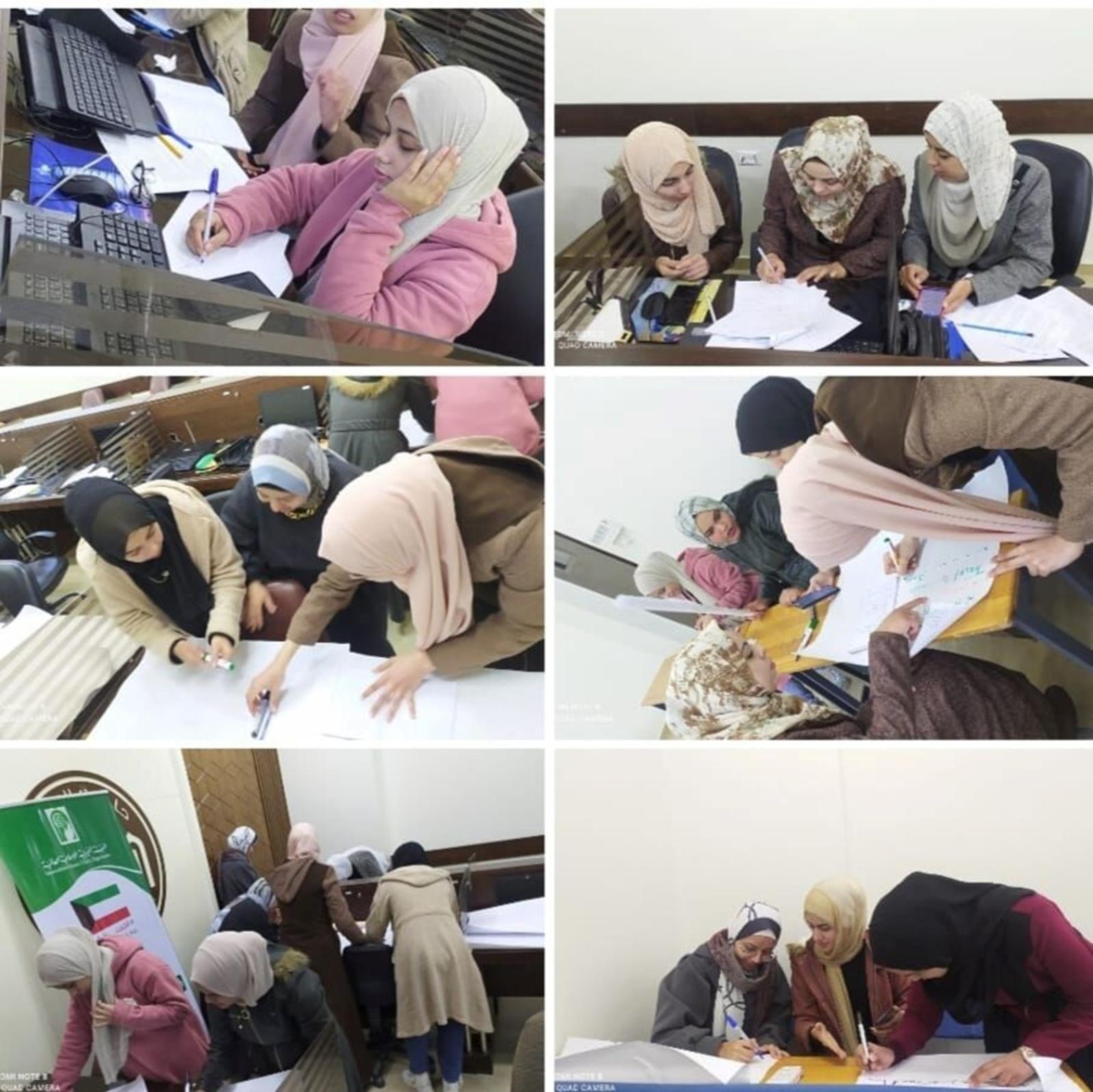Young Palestinian Women’s Conceptualization of Peace and Peacebuilding through Storybuilding
Published by Fatma Abubaker
This impact story emerges from a collaborative research project I was part of that was funded by the CUSP Net+ at the University of Glasgow. Co-led with Palestinian academics from Gaza (Dr. Taghreed El Masry), a Palestinian investigator based in Saudi Arabia (Dr. Eman Alzaanin), and a Libyan researcher (Dr. Hana El-Badri), the study focused on young Palestinian women in Gaza and their engagement with short stories as a medium for reflecting on conflict, peace, and societal transformation. Using an arts-based dialogic approach, the project explored how storytelling fosters self-expression, critical dialogue, and the reconstruction of peace narratives. Drawing on our background in Language education and Literature, this collaboration provided a unique lens to examine the intersection of conflict transformation and the arts.
The research was rooted in the constructivist view of learning, emphasizing dialogic pedagogy and transformative education (Freire, 1996; Lederach, 2003). Over two months, participants engaged in eight creative writing workshops that involved analyzing literary works, personal reflections (through interviews), and crafting original short stories. Dialogue was central, fostering empathy, understanding, and collaborative exploration of concepts of peace and peacebuilding. Storytelling became a platform for amplifying the voices of Palestinian women, challenging global stereotypes, and demonstrating their commitment to peace and meaningful contributions to their communities and the world.
The project significantly reshaped participants’ understanding of conflict, peace, and peacebuilding. At the outset, many viewed peace narrowly as the mere absence of war. However, through creative expression and critical dialogue, they reimagined peace as a holistic process rooted in social justice, dignity, and personal transformation—encompassing social, psychological, and philosophical dimensions. This transformation was vividly reflected in their writing, which highlighted themes of resilience, hope, and agency.
One participant reflected, “This project was a life-changing experience for me in regards to my understanding of constructs of conflict, peace, and peacebuilding” (P12, session 7). Their stories embodied this transformation, portraying characters who overcame the trauma of war to lead their communities with resilience and empowerment. Another participant emphasized the potential for broader societal impact, stating, “If we continued to have such sessions and, of course, involve other Palestinian young women, I am sure people in our community would start to focus more on bettering their lives” (P2, session 7).
The impact of this project extends beyond the participants, as their stories resonate with global audiences. These narratives stand as testaments to the resilience and aspirations of Palestinian women, particularly amid the ongoing violence in Gaza. Many participants’ fates remain unknown, but their legacy endures through their yet-to-be-published stories, which assert that Palestinians have always aspired to peace and worked toward it, even in the face of silencing narratives. Their stories mirror collective trauma but also generate hope—an enduring hope reflected in their characters’ words and actions. Through their writing, they reimagine a reality rooted in love, success, peace, and belonging.
Ultimately, this project exemplifies the power of providing marginalized voices the opportunity to be heard. These stories, along with their digital representations, stand as a legacy for the participants and the world—a call to action, a reminder of shared humanity, and a symbol of resilience. While the ongoing violence in Gaza may overshadow its long-lasting impact, I hope my recounting of this story resonates with audiences and plants a seed of understanding about the Palestinian people and their struggles.
For me, at least, this is a “success story.” While it may be difficult to claim it as a success for the participants, the project’s transformative impact on me—reshaping my understanding of resilience, peace, and storytelling—has been profound and enduring, nonetheless!


